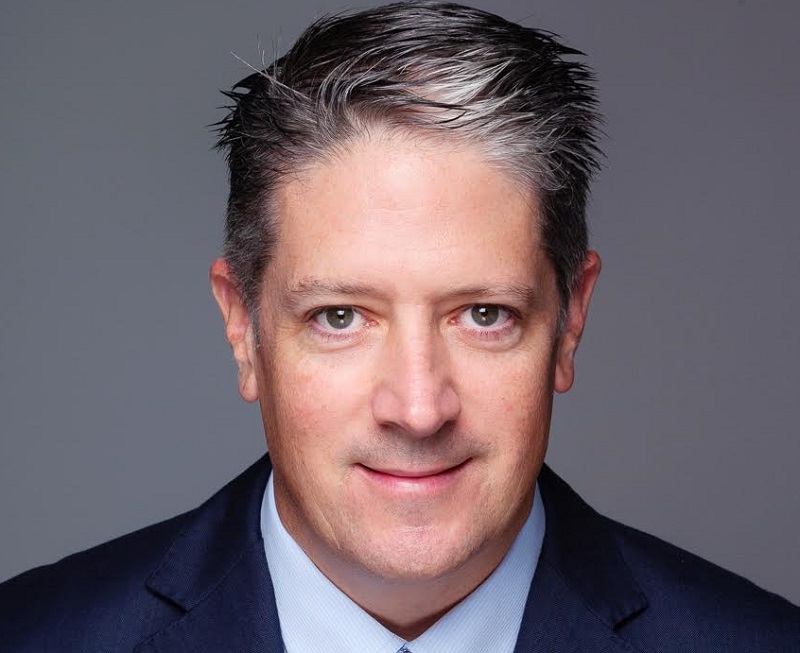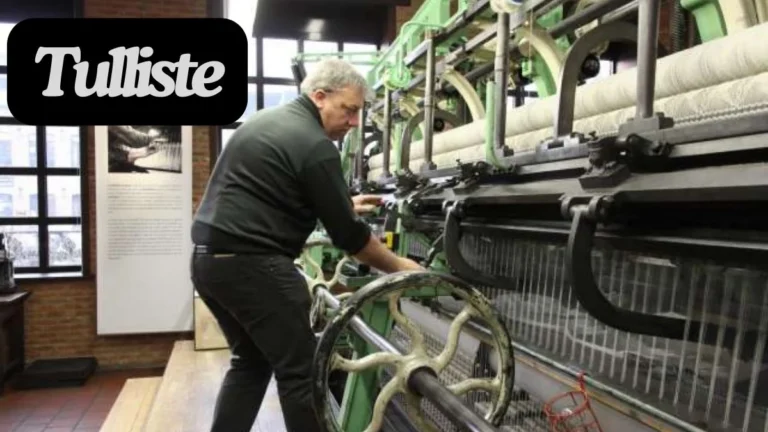Jim Cavanaugh is a name well-known in law enforcement circles, particularly in the United States. His career has spanned multiple decades and has included roles that showcase not only his skill and expertise in policing but also his capacity as a leader, educator, and public figure. Throughout his career, Cavanaugh has been recognized for his deep understanding of criminal justice, his strategic thinking, and his ability to navigate complex situations with professionalism and integrity.
In this article, we will explore the life, career, and contributions of Jim Cavanaugh, providing an overview of how his work has shaped the landscape of law enforcement and public safety.
Early Life and Background
Jim Cavanaugh’s story begins like many in the law enforcement field: with a strong sense of service and a desire to make a difference in the community. Born and raised in the United States, Cavanaugh’s early life was marked by a commitment to discipline, structure, and respect for authority. His interest in law enforcement likely stemmed from a combination of personal experiences and a deep-seated belief in justice.
After completing high school, Cavanaugh sought to make a difference in his community, and like many in his field, he entered law enforcement at an early age. He chose a path that would eventually lead him to the federal law enforcement ranks, where he would become one of the most well-known figures in criminal justice.
A Career in the ATF (Bureau of Alcohol, Tobacco, Firearms and Explosives)
Jim Cavanaugh’s most significant professional association is with the Bureau of Alcohol, Tobacco, Firearms and Explosives (ATF). The ATF is a federal agency under the U.S. Department of Justice, primarily tasked with enforcing laws related to firearms, explosives, arson, and alcohol and tobacco regulation. The agency is also deeply involved in tackling organized crime, gang violence, and illicit trafficking.
Cavanaugh’s work within the ATF was pivotal to his rise as an expert in law enforcement matters. Over the course of his career with the agency, he took on a variety of roles, including special agent, supervisor, and ultimately senior leadership positions. His expertise in firearms and explosives, as well as his vast experience in working with local, state, and federal law enforcement agencies, made him a key figure in some of the most high-profile cases in the country.
One of the defining moments of Cavanaugh’s career was his involvement in the aftermath of the 1993 Waco siege. This high-stakes, controversial operation involved a standoff between the FBI, ATF, and the Branch Davidians, a religious sect led by David Koresh. Cavanaugh, at the time an ATF special agent, played a crucial role in analyzing the operation and its aftermath. While he was not directly involved in the tactical side of the raid, his analysis and understanding of the event would go on to inform his later work on issues related to tactical response, crisis negotiation, and conflict de-escalation.
Over time, Cavanaugh’s leadership skills became more apparent. He was often sought out for his opinions on criminal justice policy, particularly in matters related to firearms regulation and counterterrorism strategies. His ability to break down complex issues and explain them to the public, lawmakers, and other law enforcement officials earned him a reputation as a clear, thoughtful, and decisive voice in the field of public safety.
Contributions to National Security and Counterterrorism
One of the defining elements of Jim Cavanaugh’s career is his work in the fields of counterterrorism and national security. In an era when the United States was becoming increasingly concerned about domestic and international threats, Cavanaugh’s expertise in law enforcement and criminal justice became a valuable asset to various governmental agencies.
Following the events of 9/11, Cavanaugh was instrumental in helping to shape the federal government’s response to growing concerns about terrorism on American soil. His work with the ATF, in coordination with other agencies such as the FBI and the Department of Homeland Security, helped to create more robust systems for identifying, investigating, and prosecuting terrorist threats.
Jim Cavanaugh became a recognized figure in discussions about firearms and explosives, particularly in terms of preventing them from falling into the wrong hands. His knowledge of weaponry and explosives was vital in helping law enforcement agencies understand and counteract the types of tools terrorists were likely to use.
His contribution to national security didn’t end with terrorism prevention. Cavanaugh also worked on programs designed to combat gun violence, including efforts to track and intercept illegal firearms and prevent them from entering criminal markets. As a former law enforcement agent, he was uniquely positioned to understand the intersection between criminal behavior and the availability of firearms, making him an expert voice on both sides of the debate surrounding gun rights and gun control.
Public Speaking and Media Engagement
One of the reasons Jim Cavanaugh is so well-regarded is his ability to communicate complex law enforcement topics to the public. After retiring from active service with the ATF, Cavanaugh transitioned into a role as a commentator and expert on criminal justice, law enforcement, and public safety.
Through his media appearances and public speaking engagements, Cavanaugh has become a trusted source of information during high-profile criminal cases, mass shootings, and terrorism events. His insights are often sought after by news outlets, where he offers an informed perspective on the motivations behind criminal behavior, the best practices for law enforcement, and the larger implications for national security and public safety.
One of Cavanaugh’s notable qualities is his ability to speak candidly and without jargon, breaking down complex issues in a way that anyone can understand. Whether it’s explaining the nuances of an investigation, breaking down forensic evidence, or offering expert commentary on a developing news story, Jim Cavanaugh has earned a reputation as a reliable and articulate commentator.
In his public speeches, he often emphasizes the importance of understanding the broader social and political context of law enforcement work. He has been vocal about the challenges of policing in the 21st century, particularly as it pertains to public trust, community relations, and the ethical challenges law enforcement professionals face. This willingness to engage in difficult conversations has further cemented his role as a thought leader in criminal justice reform.
Educational Roles and Advocacy
In addition to his work as a commentator and public figure, Jim Cavanaugh has also taken on an important role as an educator and advocate for law enforcement reform. Throughout his career, he has been involved in training new generations of law enforcement professionals, helping them to navigate the evolving landscape of criminal justice.
Cavanaugh has worked with law enforcement agencies, universities, and professional organizations to develop training programs that help officers stay up to date on best practices in areas like tactical response, crisis negotiation, and de-escalation techniques. He has also been an advocate for reforms in law enforcement, particularly in terms of how agencies engage with communities and approach issues such as police misconduct, racial profiling, and the militarization of police forces.
His advocacy for law enforcement reform is grounded in his long experience in the field. He believes that law enforcement should always strive to be transparent, accountable, and aligned with the communities they serve. His calls for greater accountability within the criminal justice system resonate with those who believe in the necessity of reform while still recognizing the vital role law enforcement plays in public safety.
Challenges in Law Enforcement
Like many people in the field, Jim Cavanaugh has faced his share of challenges. Policing is a high-pressure career, and the demands placed on law enforcement officers are enormous. Over the course of his career, Cavanaugh had to navigate the complexities of both public opinion and institutional pressure, especially during times of national crisis.
One of the central challenges Cavanaugh faced, particularly as a leader within the ATF, was managing public perception during controversial incidents. As an agency that dealt with issues like gun violence and organized crime, the ATF was often at the center of national debates surrounding the balance between public safety and individual rights. Cavanaugh’s ability to address these tensions and remain a voice of reason in often politically charged environments speaks to his professionalism and skill.
His role during the Waco incident, while largely focused on analysis and aftermath reflection, also placed him in a difficult position. As part of an agency involved in the raid, he was forced to navigate the political fallout and broader public discussion of the event, which raised significant questions about government intervention and the limits of law enforcement power. Through these trials, Cavanaugh’s experience in crisis management and public communication became an important asset.
The Legacy of Jim Cavanaugh
Jim Cavanaugh’s legacy is multifaceted and far-reaching. As a law enforcement professional, he helped shape policies, strategies, and responses to some of the most pressing criminal justice and public safety issues of the modern era. His leadership in national security, counterterrorism, and firearms regulation made him a key figure in law enforcement during a period of significant transition.
Beyond his professional achievements, Cavanaugh’s role as a public speaker, educator, and advocate for reform has made him a respected voice in the ongoing conversations about criminal justice reform. His career serves as an example of how one person can influence not only the practice of law enforcement but also the broader discourse around public safety, justice, and community relations.
Conclusion
Jim Cavanaugh is a figure who has made lasting contributions to the field of law enforcement, from his tactical expertise to his advocacy for transparency and reform. His impact extends beyond the confines of the ATF and his public service career, influencing how we think about law enforcement, national security, and criminal justice in America. Cavanaugh’s ongoing involvement in training, education, and media commentary ensures that his influence will continue to be felt for years to come.










+ There are no comments
Add yours